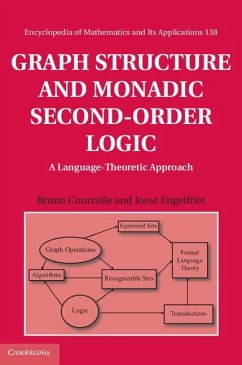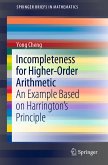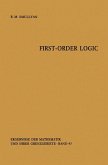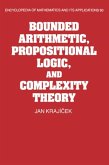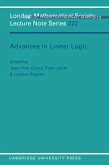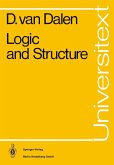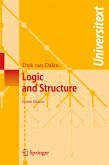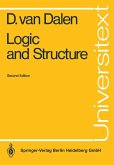The study of graph structure has advanced in recent years with great strides: finite graphs can be described algebraically, enabling them to be constructed out of more basic elements. Separately the properties of graphs can be studied in a logical language called monadic second-order logic. In this book, these two features of graph structure are brought together for the first time in a presentation that unifies and synthesizes research over the last 25 years. The authors not only provide a thorough description of the theory, but also detail its applications, on the one hand to the construction of graph algorithms, and, on the other to the extension of formal language theory to finite graphs. Consequently the book will be of interest to graduate students and researchers in graph theory, finite model theory, formal language theory, and complexity theory.
Dieser Download kann aus rechtlichen Gründen nur mit Rechnungsadresse in A, B, BG, CY, CZ, D, DK, EW, E, FIN, F, GR, HR, H, IRL, I, LT, L, LR, M, NL, PL, P, R, S, SLO, SK ausgeliefert werden.
Hinweis: Dieser Artikel kann nur an eine deutsche Lieferadresse ausgeliefert werden.

